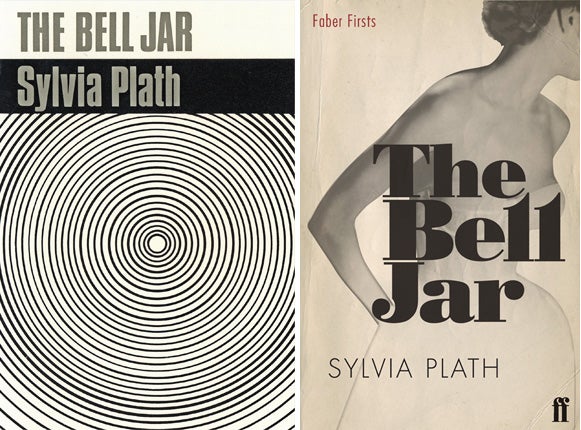The poetry of courtship: Plath and Hughes caught on tape
Rare interviews with tragic couple give insight into early days of their marriage

Her voice is bright and vivacious, her observations on the eccentricities of life in her adopted home full of joy and mischievous fun. Recorded shortly after her marriage to Ted Hughes, previously unpublished interviews reveal a different side to the gloomy popular image of the poet Sylvia Plath – and lend a touching insight into the tender early days of the couple's ultimately doomed relationship.
A new CD from the British Library bringing all of her surviving BBC broadcasts together for the first time has been hailed by scholars of the American feminist icon, who gassed herself at the age of 30, for unmasking the real person behind the tragic myth which has developed since her suicide in 1963.
In one recording, Plath and Hughes are interviewed together on the BBC programme Two of a Kind, discussing what it is like being a married couple with the same occupation.
The pair describe how they met, shortly after Plath arrived in Cambridge in 1956 on a Fulbright scholarship. Hughes hosted a party to launch the first edition of the student poetry journal Saint Botolph's Review, an original copy of which – complete with his handwritten annotations – has now been donated to the British Library by Hughes' widow.
Although this encounter was later said to have set the tone for their relationship – it is claimed they kissed and even bit each other during the meeting – both play down suggestions of instant passion during their interview.
They say they continued to court through the medium of poetry, later meeting up in London on Friday the 13th. "We kept writing poems to each other and then it just grew out of that I guess, a feeling that – that we both were writing so – so much and having such a fine time doing it we decided that this should keep on," Plath says, before Hughes adds: "Mm. The poems... the poems haven't really survived, the marriage overtook the poems."
The couple describe their mundane everyday lives together after marriage, struggling to survive on a meagre income gained from temporary jobs and living with a baby in a tiny flat in north London. Tinged with pathos in light of later tragic events, Hughes – who left Plath after starting a relationship with another woman who also killed herself and her child – talks of a "telepathic union" existing between the two poets.
Plath describes herself as indistinguishable from the other mothers and wives living around them at the time and speaks with some relief that she had not been "swallowed up in motherhood" and was still writing poetry.
The British Library's Richard Fairman, who produced the CD, said many Plath scholars had been astonished after hearing the happy tone of the couple and the ease with which they laugh and finish each other's sentences. "These are two people who were in love and looking forward to a great future together. There is nothing negative or depressing in any of the recordings because you catch them at a time when everything was going well," he said.
Another recording on the CD is taken from a radio programme in the early 1960s entitled What Made You Stay? about Americans living in Britain. Here, Plath reveals how she was by turns delighted and horrified at life in London and Cambridge during the post-war austerity years.
She describes her deep dislike of the weather, saying she is "unable to make the best of it" and reveals her "devotion" to the blood-soaked reality of her first encounters with a real butcher's shop – a far cry from the American supermarkets where she grew up with their supplies of cellophane-wrapped chops.
Join our commenting forum
Join thought-provoking conversations, follow other Independent readers and see their replies
Comments
Bookmark popover
Removed from bookmarks